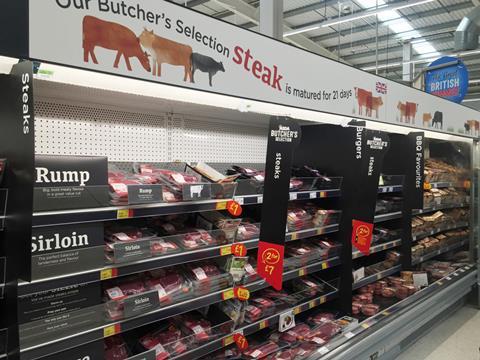
Mandatory method of production labelling is set to become a major topic of debate in the meat and dairy sectors, with a new coalition of animal welfare groups gearing up for a major campaign on the matter in the “near future”.
The Labelling Matters coalition, which counts Compassion in World Farming, the RSPCA and the Soil Association among its members, is calling for clearer labelling to “create a level playing field for farmers” by acknowledging the efforts of those “working to improve the living conditions of their farm animals”.
It had already engaged with industry at a round table last month, said Compassion’s head of campaigns Sean Gifford, and was now exploring taking its campaign public.
The group’s work comes as the topic of method of production (MOP) labelling is high on the news agenda. It follows Heck’s decision this week to alter the artwork on its sausage packs after being singled out in a Times article which suggested it was misleading shoppers by suggesting all animals in its supply chain grazed outside.
Environment secretary Michael Gove was also making “positive noises” about introducing mandatory MOP labelling in recent weeks, Gifford told The Grocer, after making pledges to ensure consumers were not “misled about farm animal welfare standards”.
“The time is right for this issue to be pushed forward to the public realm,” Gifford said. “We represent millions of supporters and concerned citizens who all want to see mandatory MOP labelling on all meat and dairy products.”
The coalition was now looking at how a new labelling regime might work, he added. “There is no current accurate description for consumers over how an animal is raised”, and could potentially look at the labelling of whole meat cuts initially.
The group hoped to draw on the experience of the egg sector in how it depicts different production methods on its packs as an example of how the meat and dairy sectors could introduce MOP labelling using phrases, such as ‘intensive indoors’ or, for milk, ‘zero grazing’.
However, the proposals have been met with resistance by industry, with the National Pig Association’s CEO Zoe Davies warning it would be very difficult to implement for pigs due to the plethora of indoor systems that exist.
“Unlike in the egg sector, there is a wide array of pig production systems, incorporating outdoor and various indoor systems across pigs’ lives,” Davies said. “It would therefore be very difficult to provide an accurate, standardised description of how a pig has been reared in a single label.”
Her comments were echoed by the NFU, which this week said it did not support MOP labelling, while British Meat Processors Association CEO Nick Allen added the implementing MOP in the meat industry would be “incredibly complicated”.
He suggested the issue of husbandry was much more important. “It should focus on welfare outcomes, rather than judgements on the method of production,” Allen said. “On the face of it, these proposals sound fine, until you start to think of all the complexities of the supply chain.”







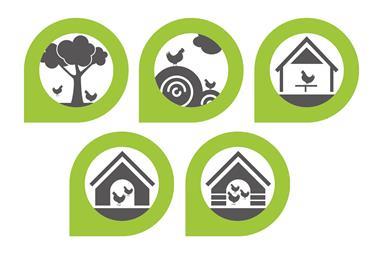
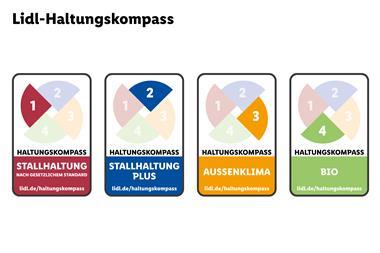
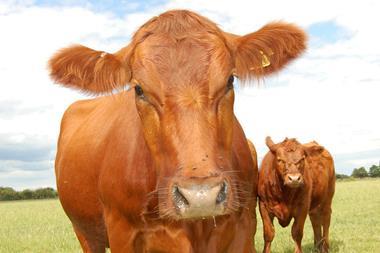

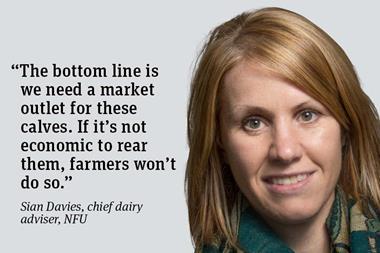
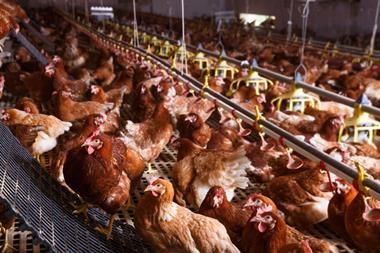






No comments yet